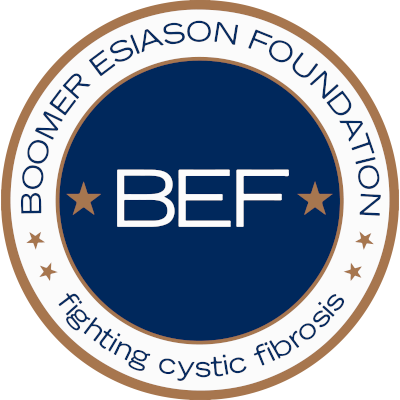Jerry Cahill, a man in his late 50s, living, breathing, and succeeding with cystic fibrosis shares his journey through a double lung transplant. The drive behind his success is his ability to make the fight to live a competition and his gratefulness to his donor – living well and never giving up is his way to pay tribute to the person who lost his life so that Jerry could live.
Organ Donation Facts:
- 90% of Americans say they support donation, but only 30% know the essential steps to take to become a donor.
- Every ten minutes, another name is added to the national transplant waiting list.
- Nearly 1,800 children under the age 18 are registered on the organ transplant waiting list.
- Eighteen patients die every day while waiting for a donated organ – an average of one person every 80 minutes.
- Nearly 117,000 people in the United States are waiting for organ transplants – 1,668 of whom need lung transplants.
- In spite of the 1,700 lung transplants performed in 2010, 233 patients died waiting for lungs.
Despite continuing efforts at public education, misconceptions and inaccuracies about donation persist. Learn these facts to help you better understand organ, eye and tissue donation:
Fact: Anyone can be a potential donor regardless of age, race, or medical history.
Fact: All major religions in the United States support organ, eye and tissue donation and see it as the final act of love and generosity toward others.
Fact: If you are sick or injured and admitted to the hospital, the number one priority is to save your life. Organ, eye and tissue donation can only be considered after you are deceased.
Fact: When you are on the waiting list for an organ, what really counts is the severity of your illness, time spent waiting, blood type, and other important medical information, not your financial status or celebrity status.
Fact: An open casket funeral is possible for organ, eye and tissue donors. Through the entire donation process the body is treated with care, respect and dignity.
Fact: There is no cost to the donor or their family for organ or tissue donation.
To learn more about lung transplantation and organ donation, click here.
